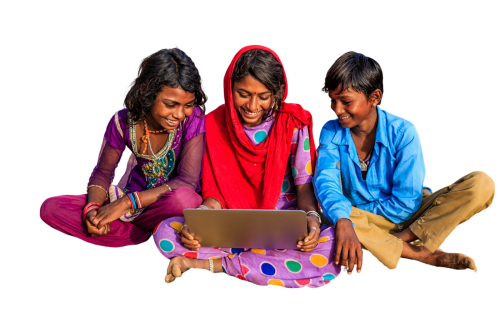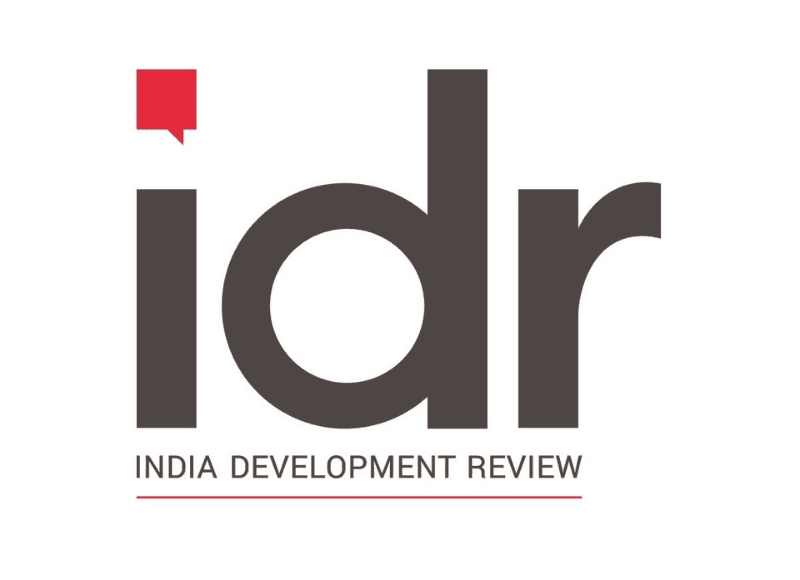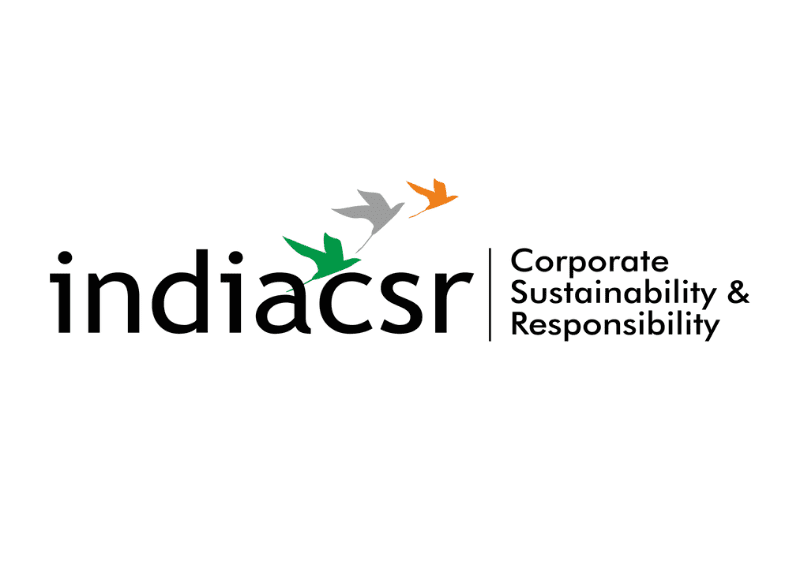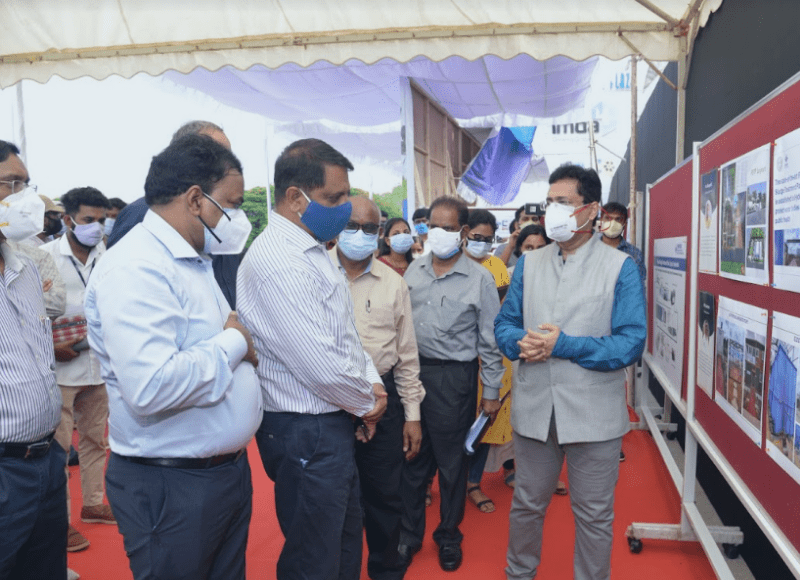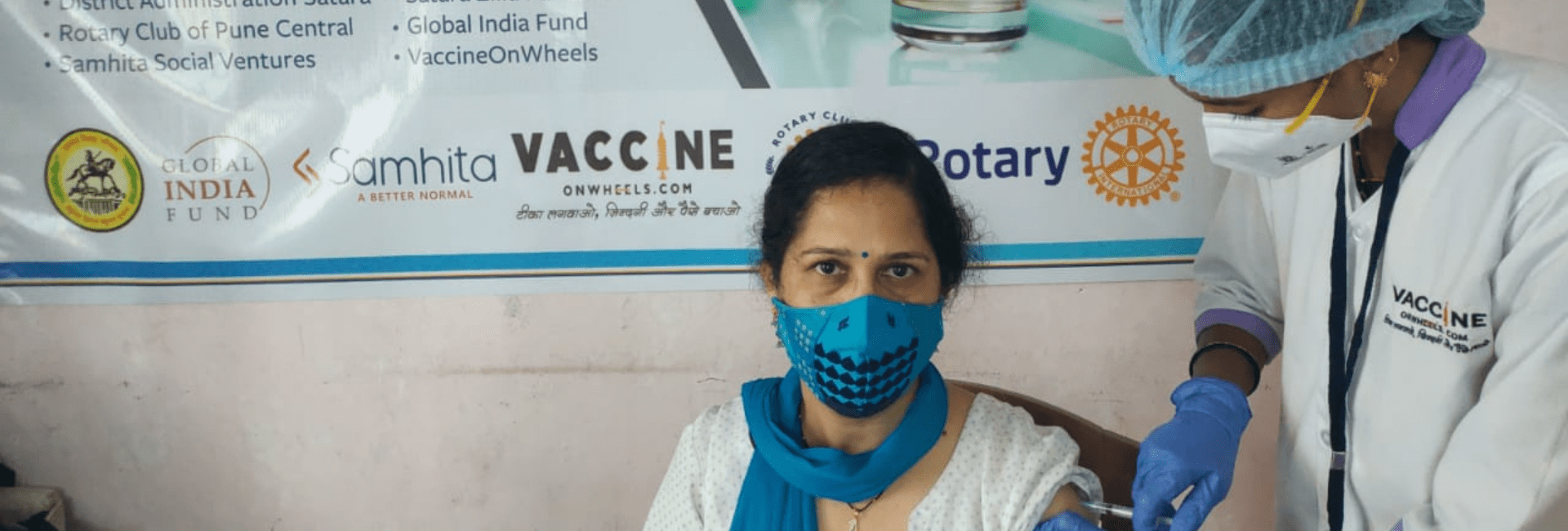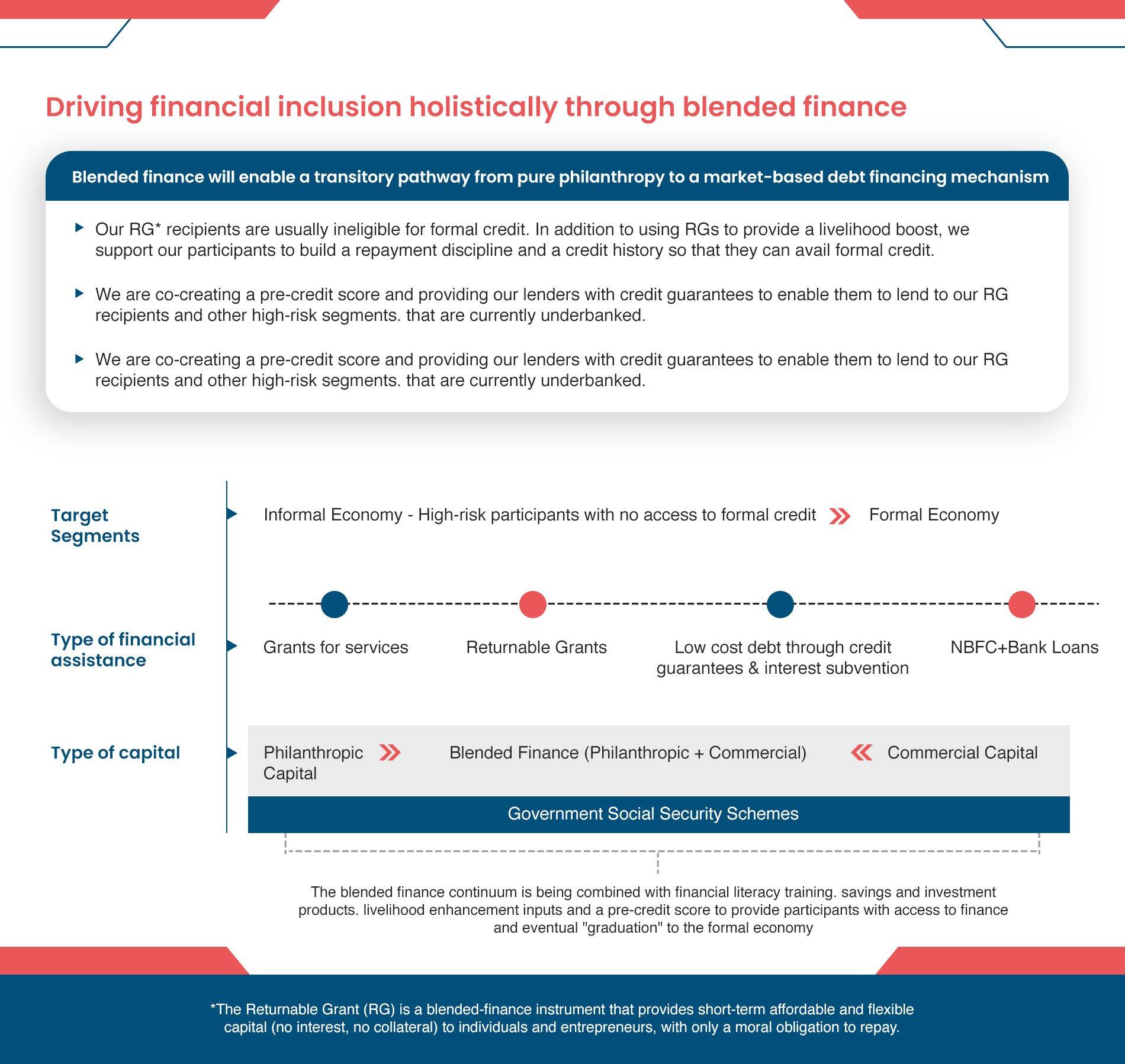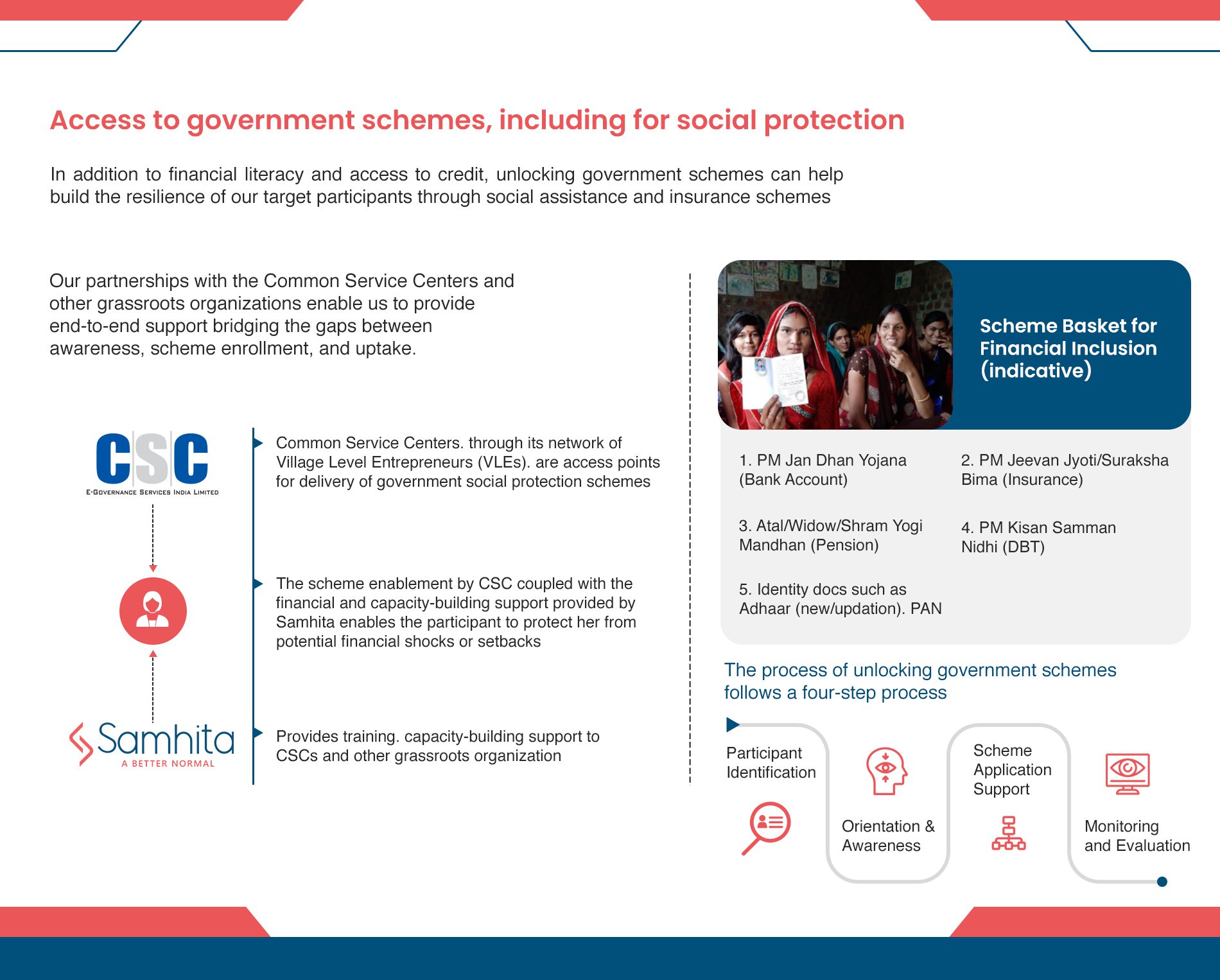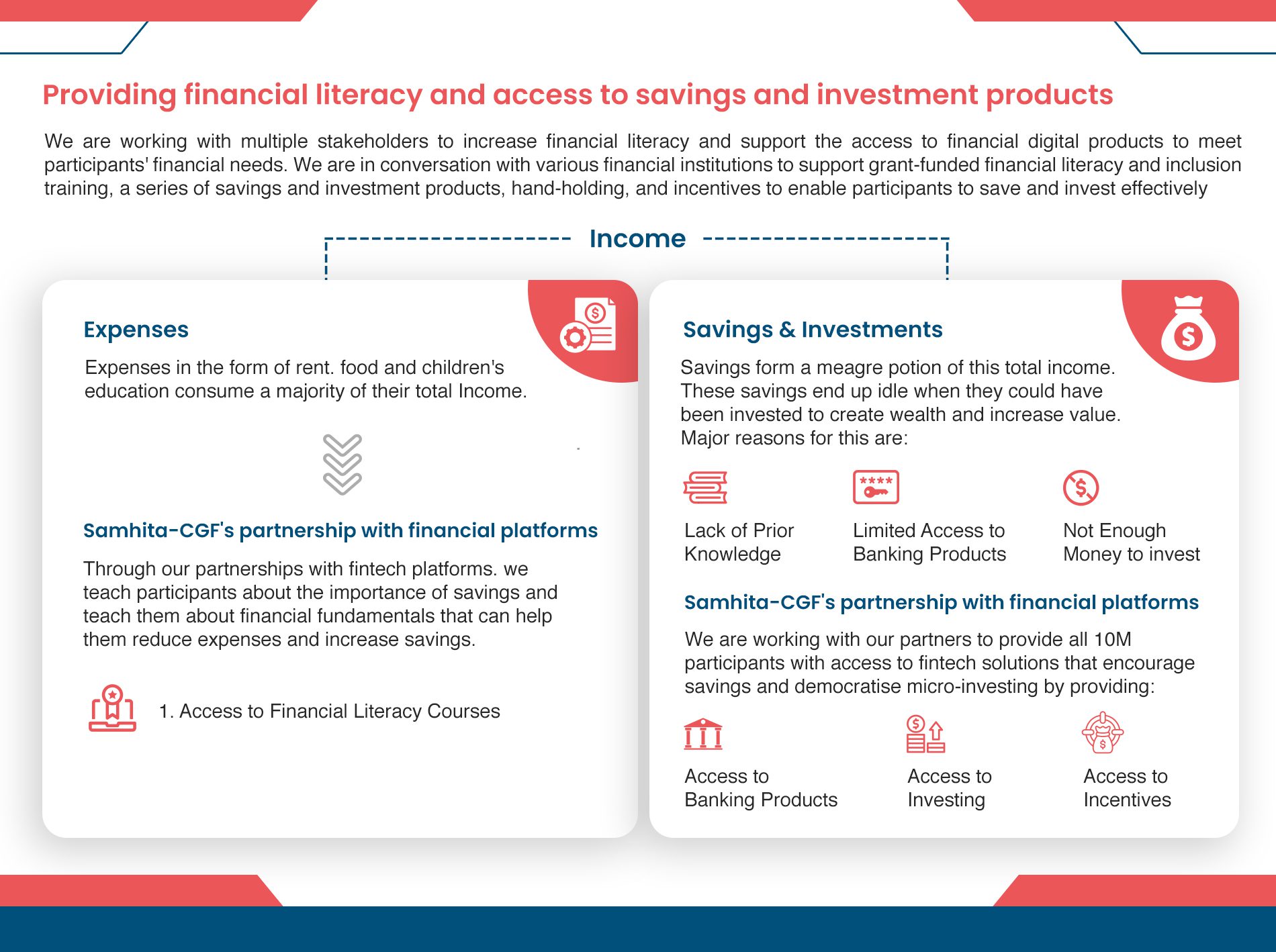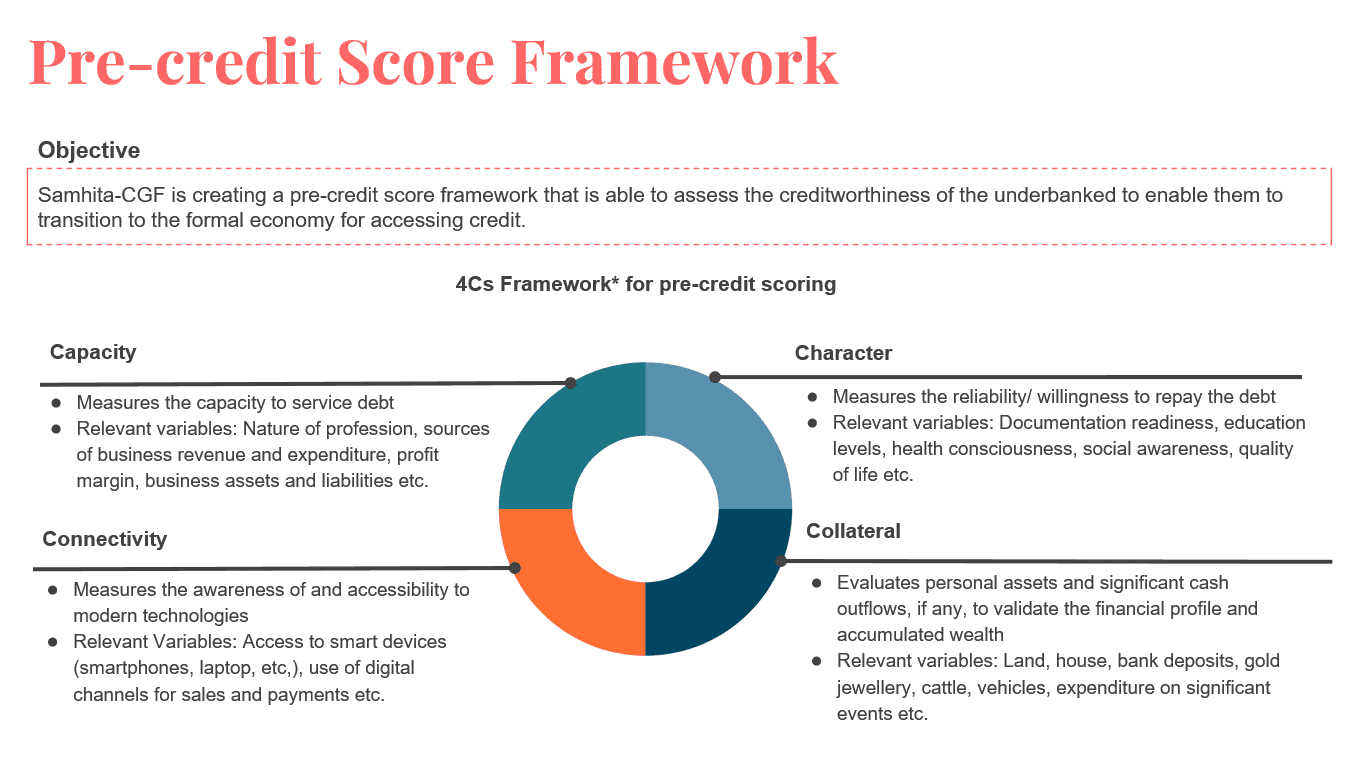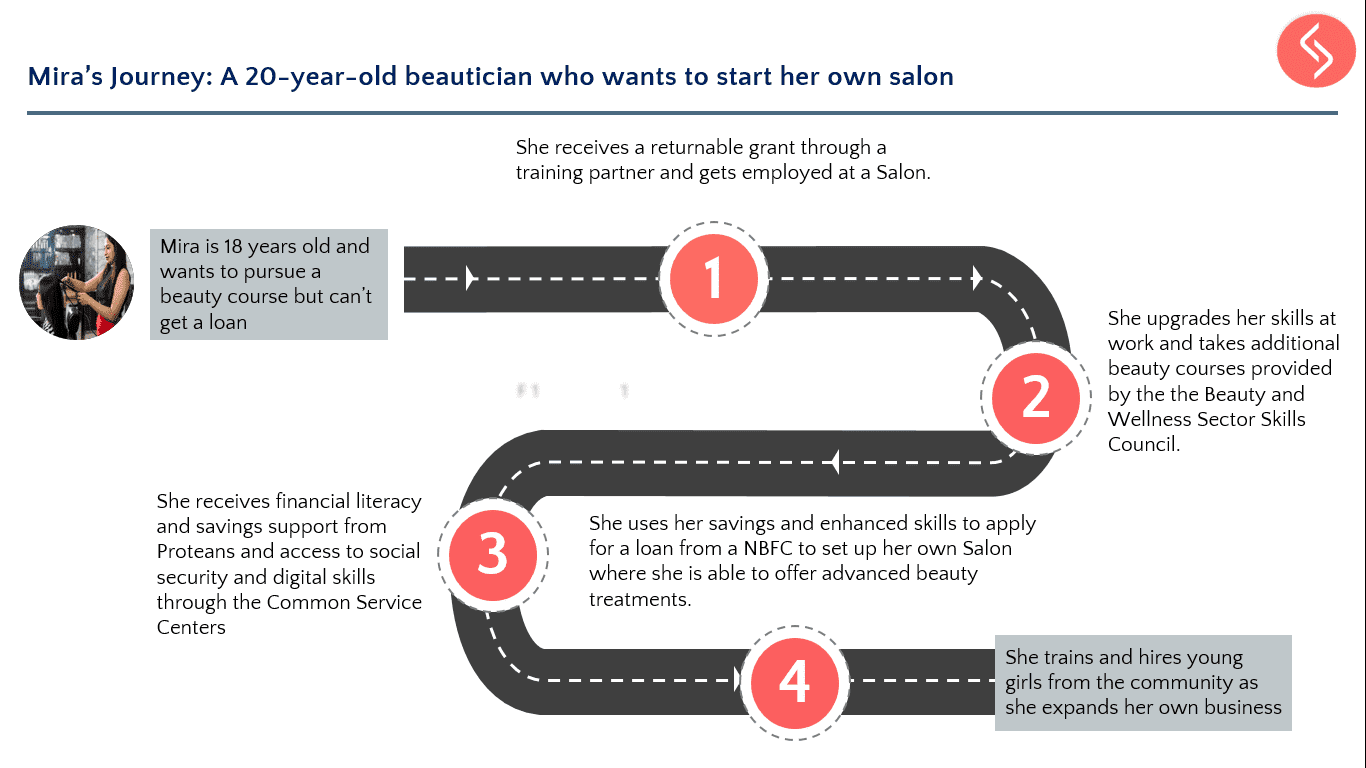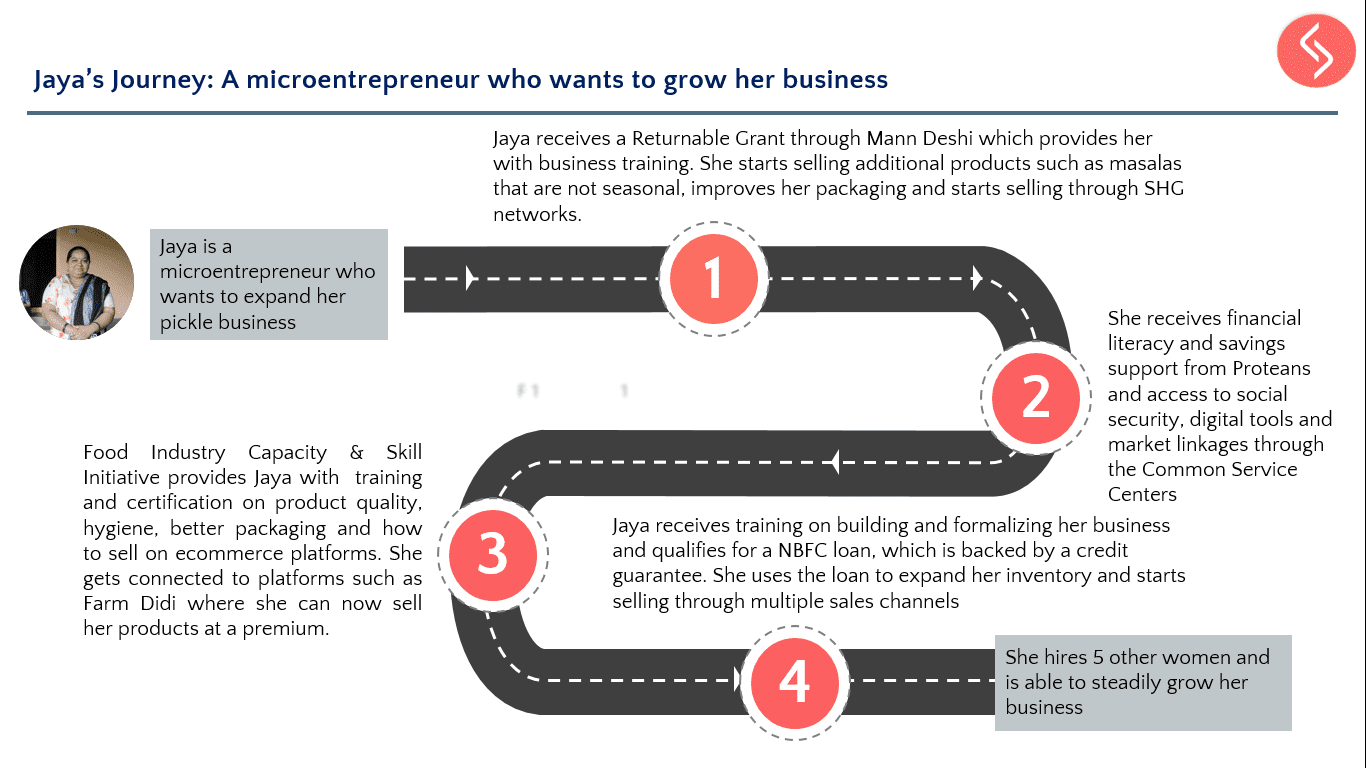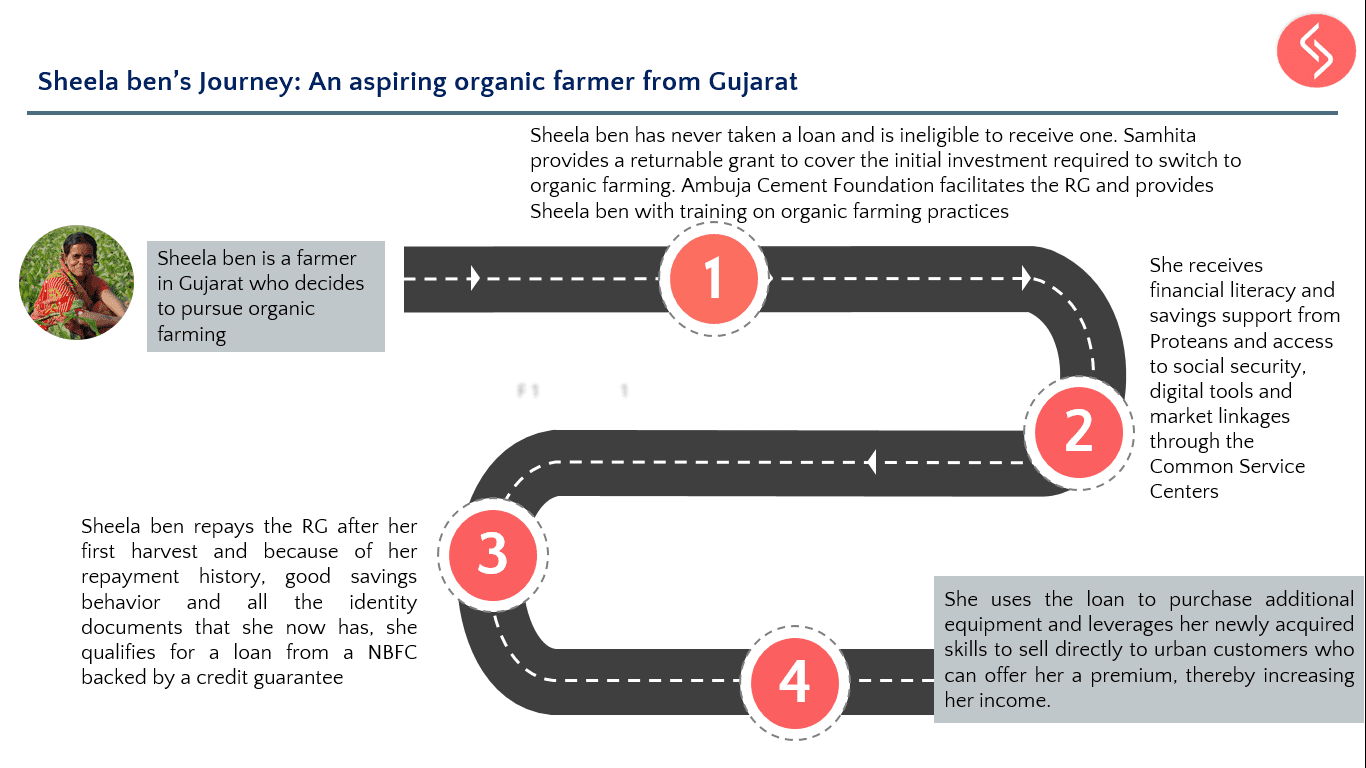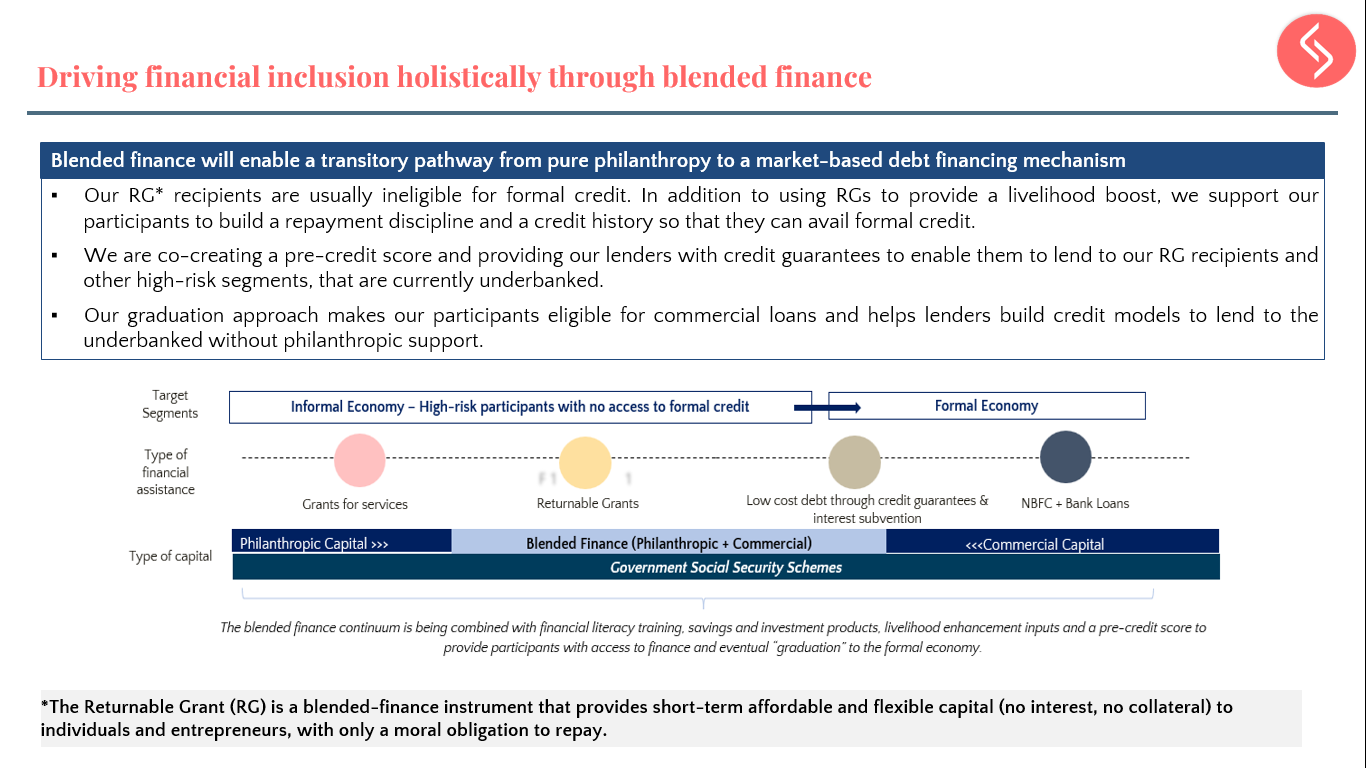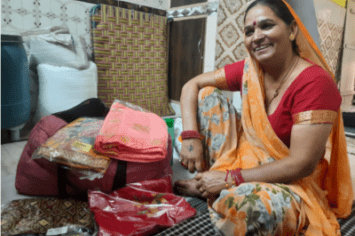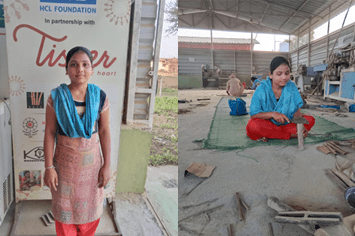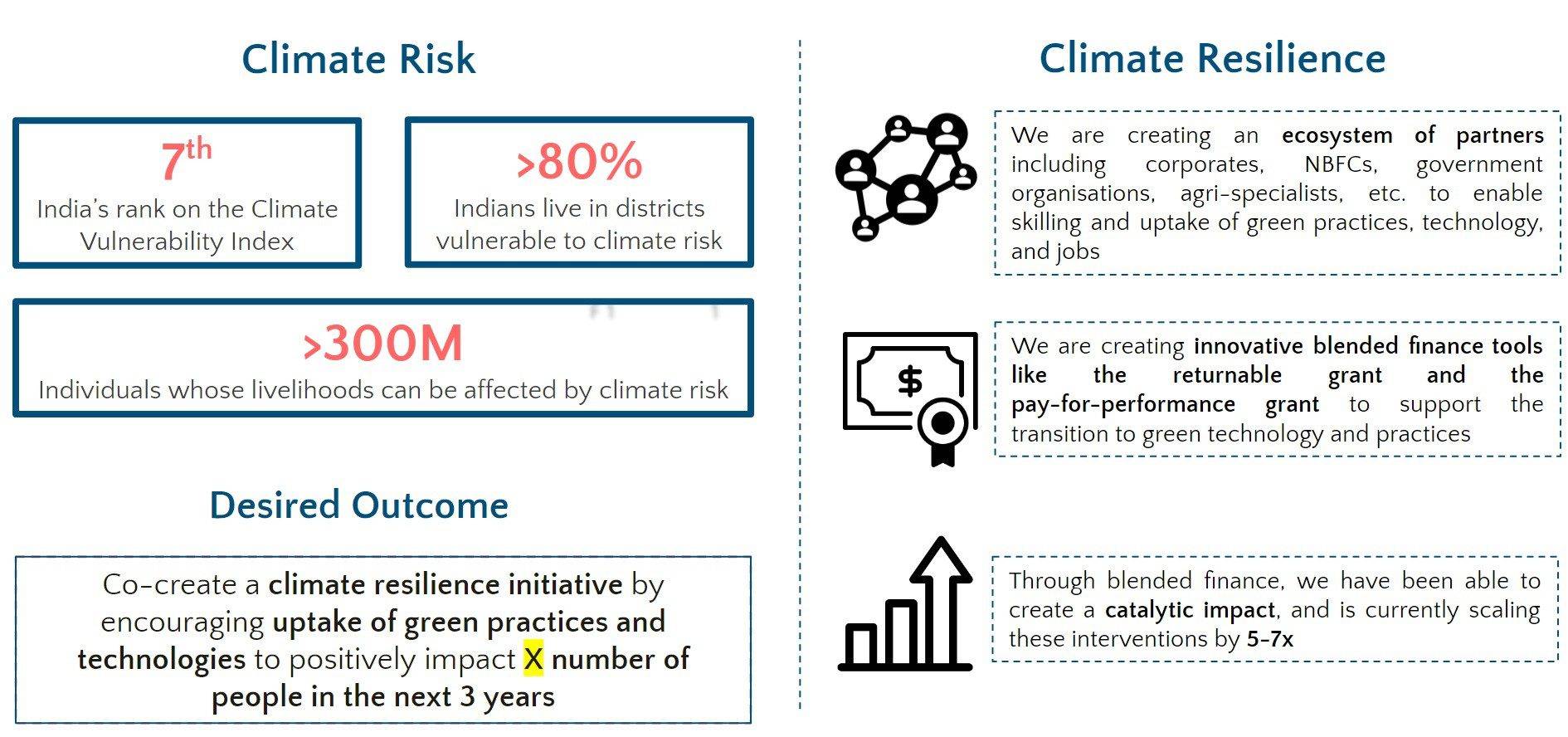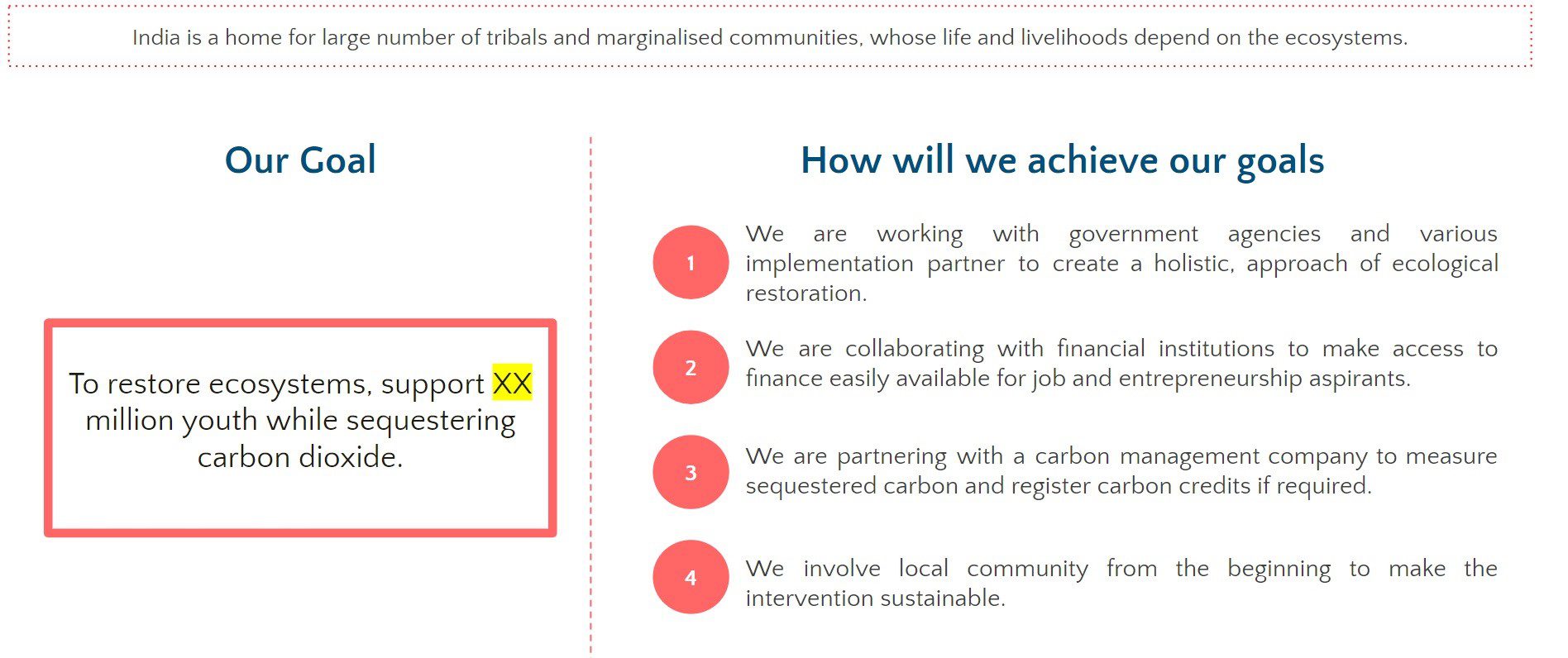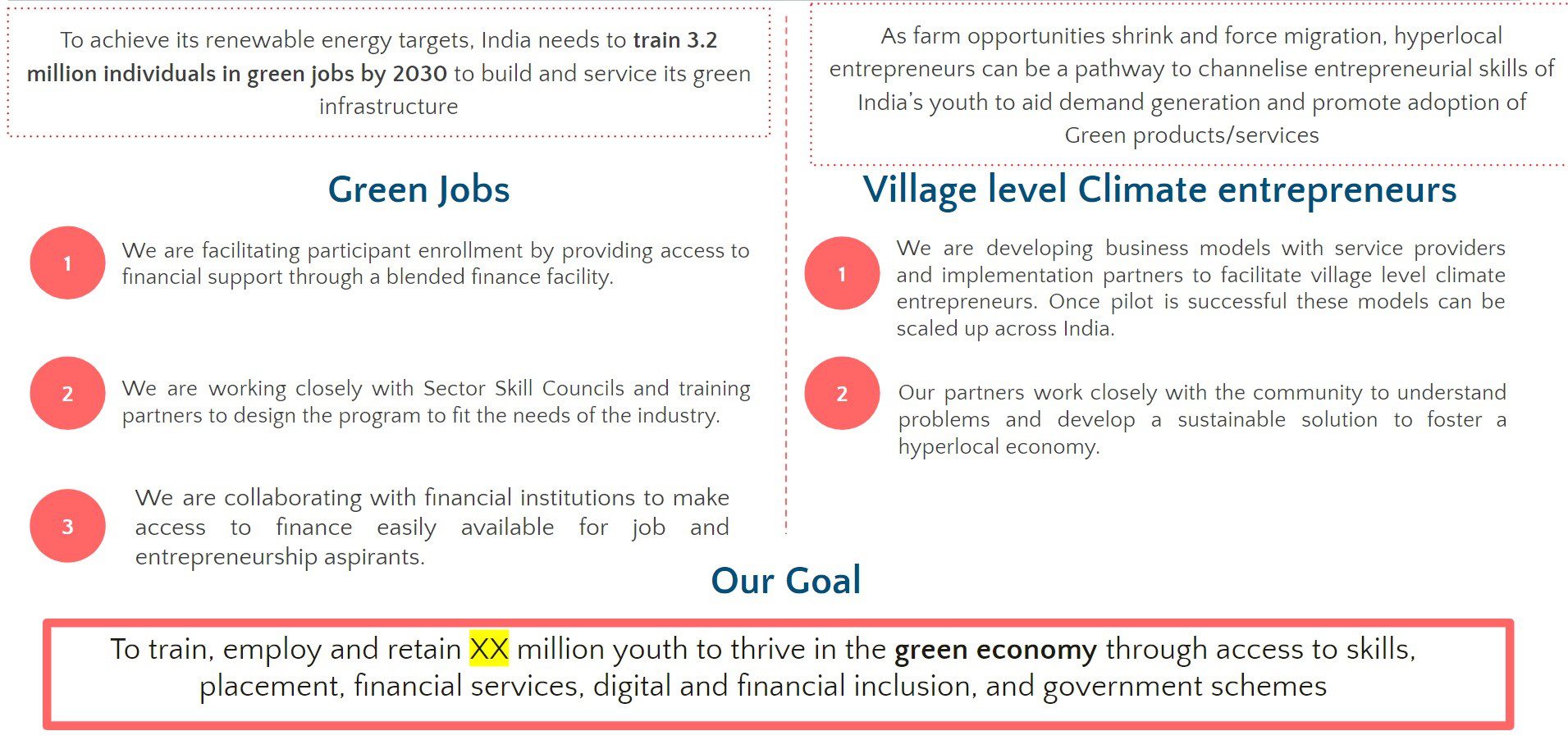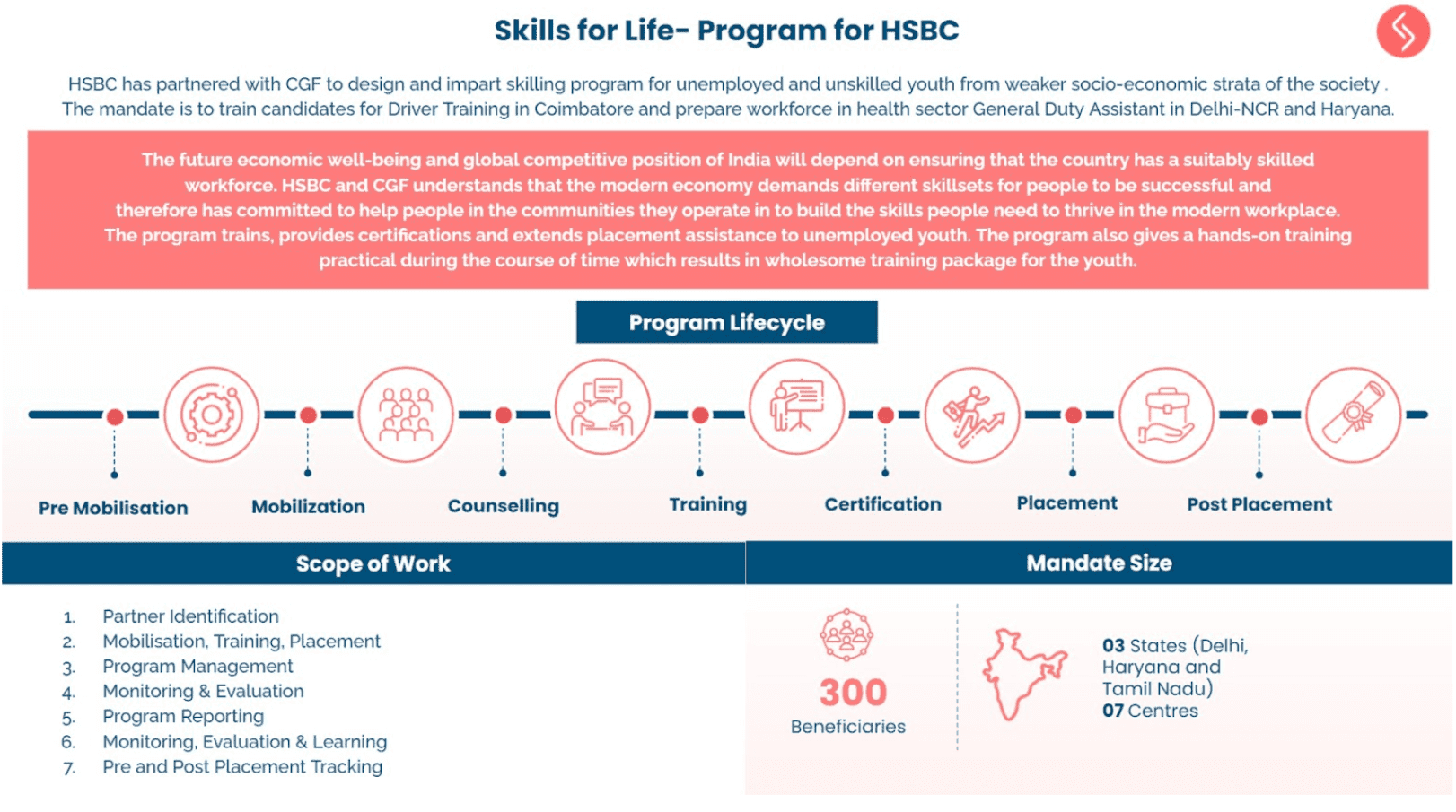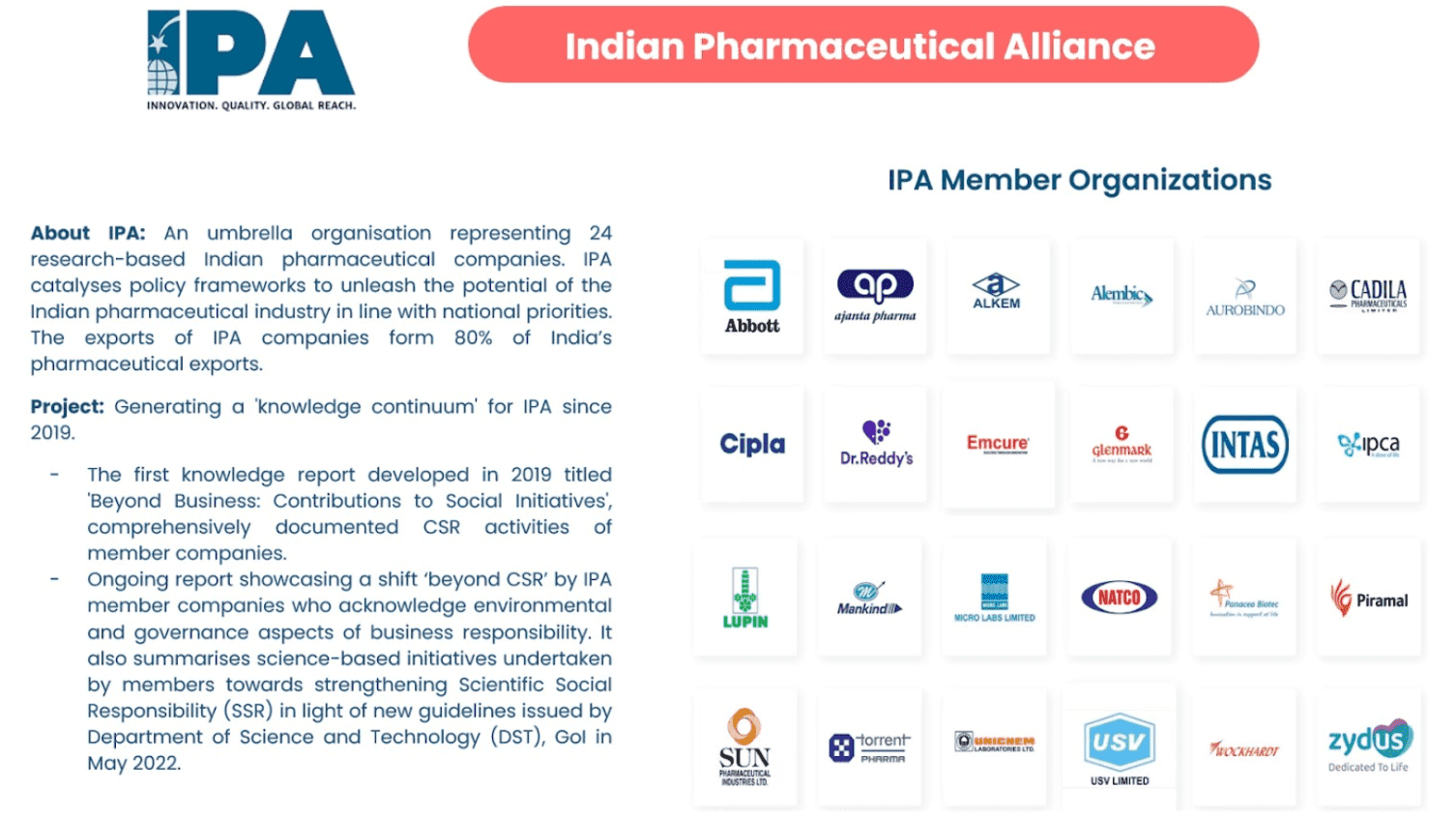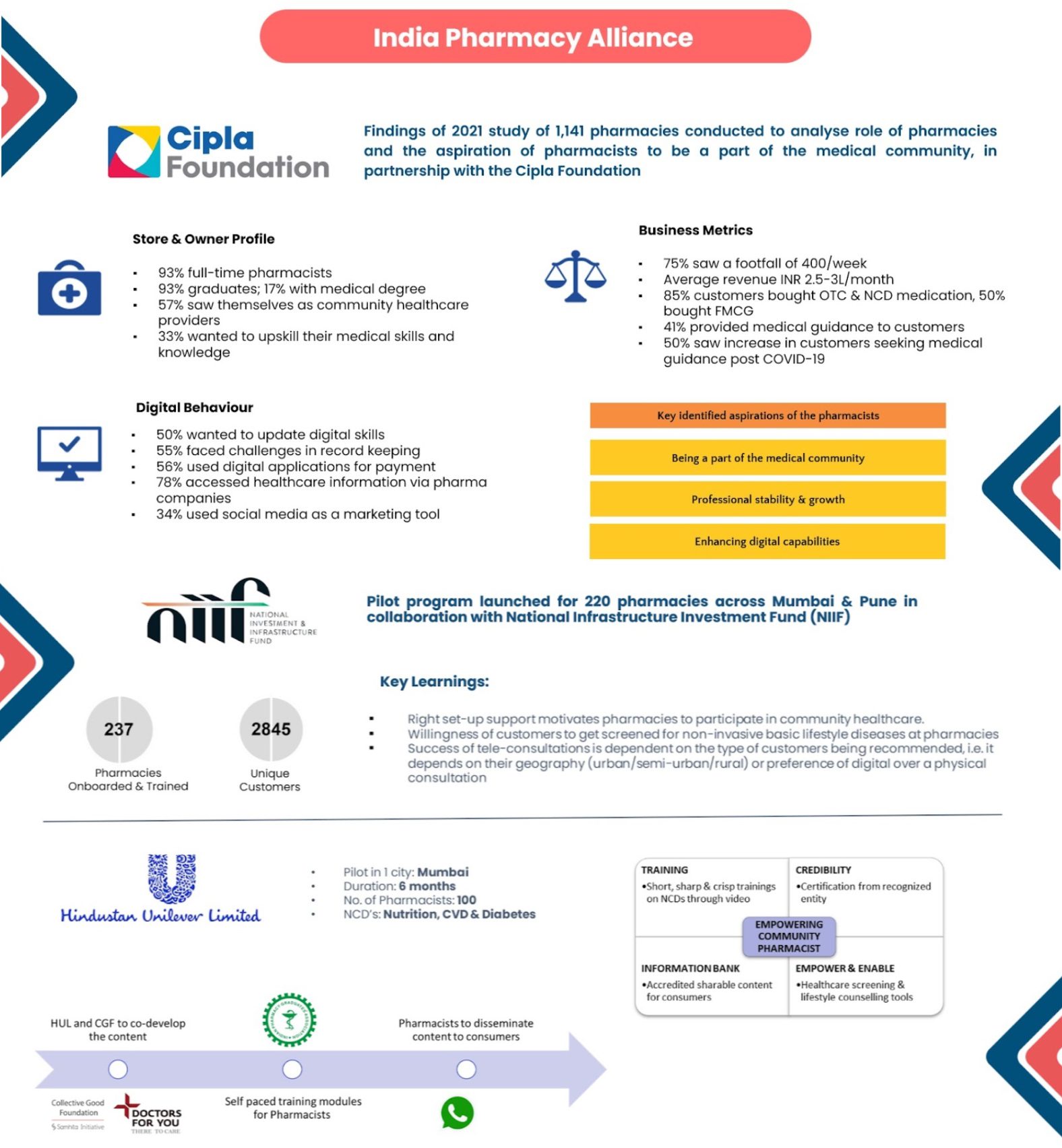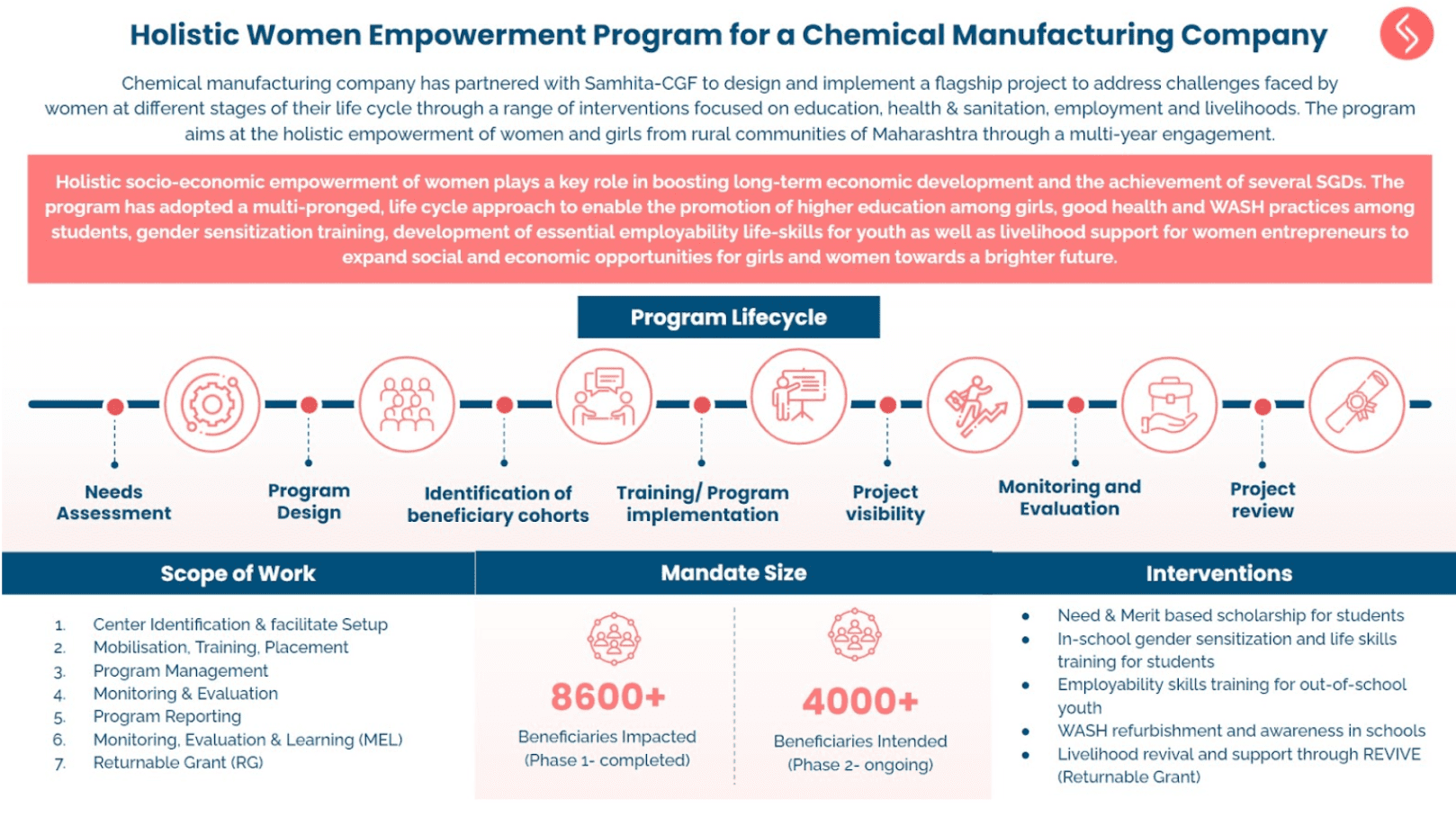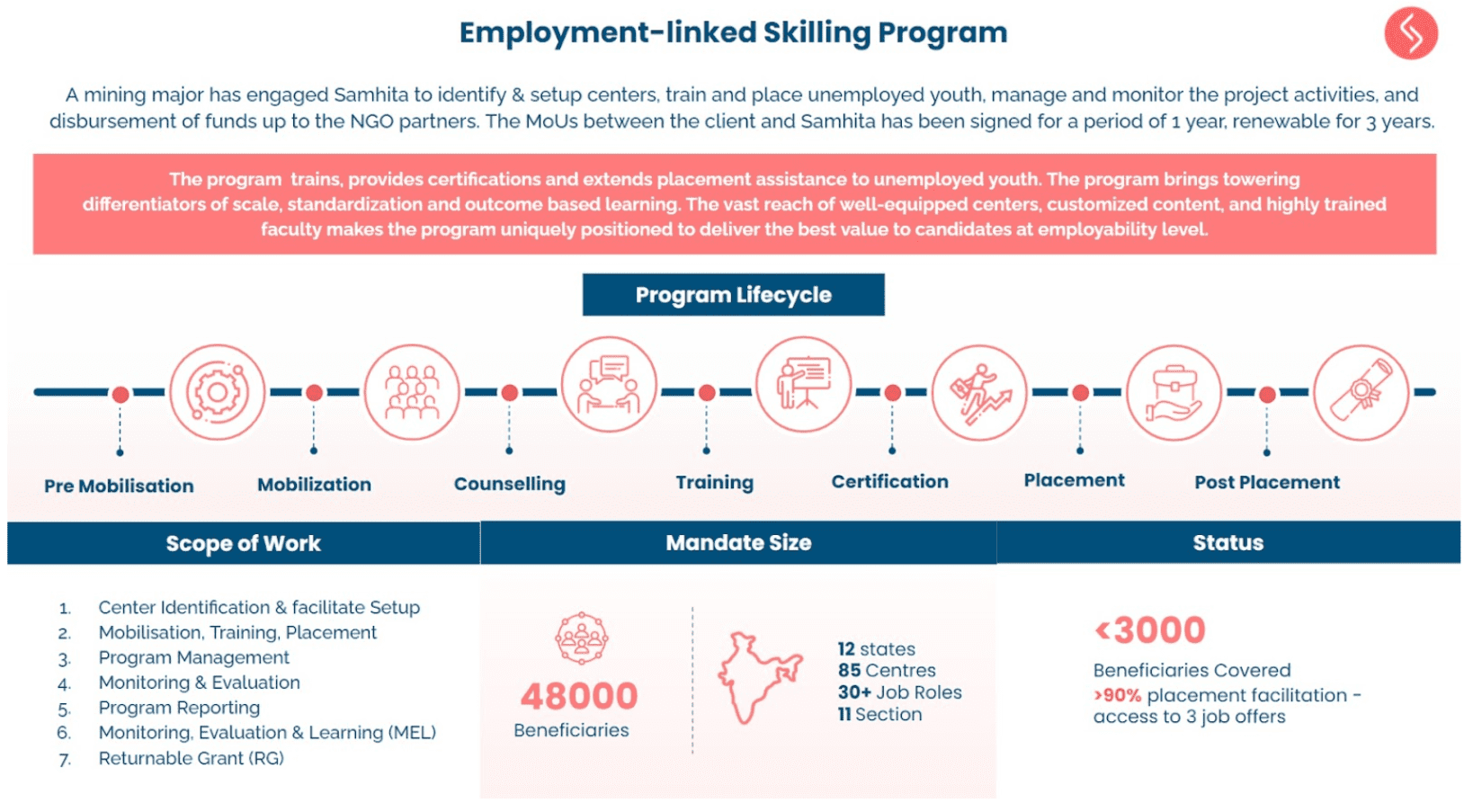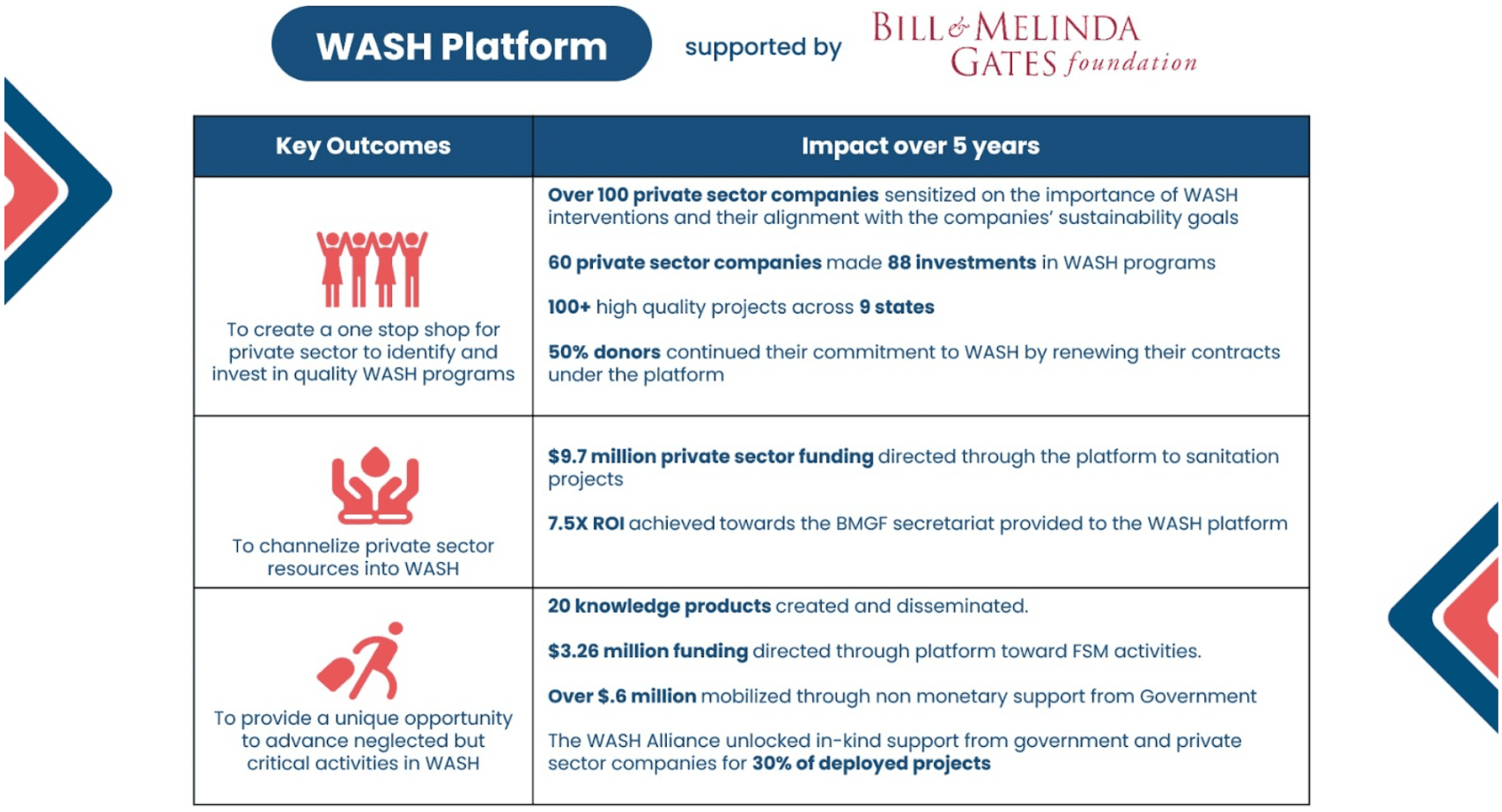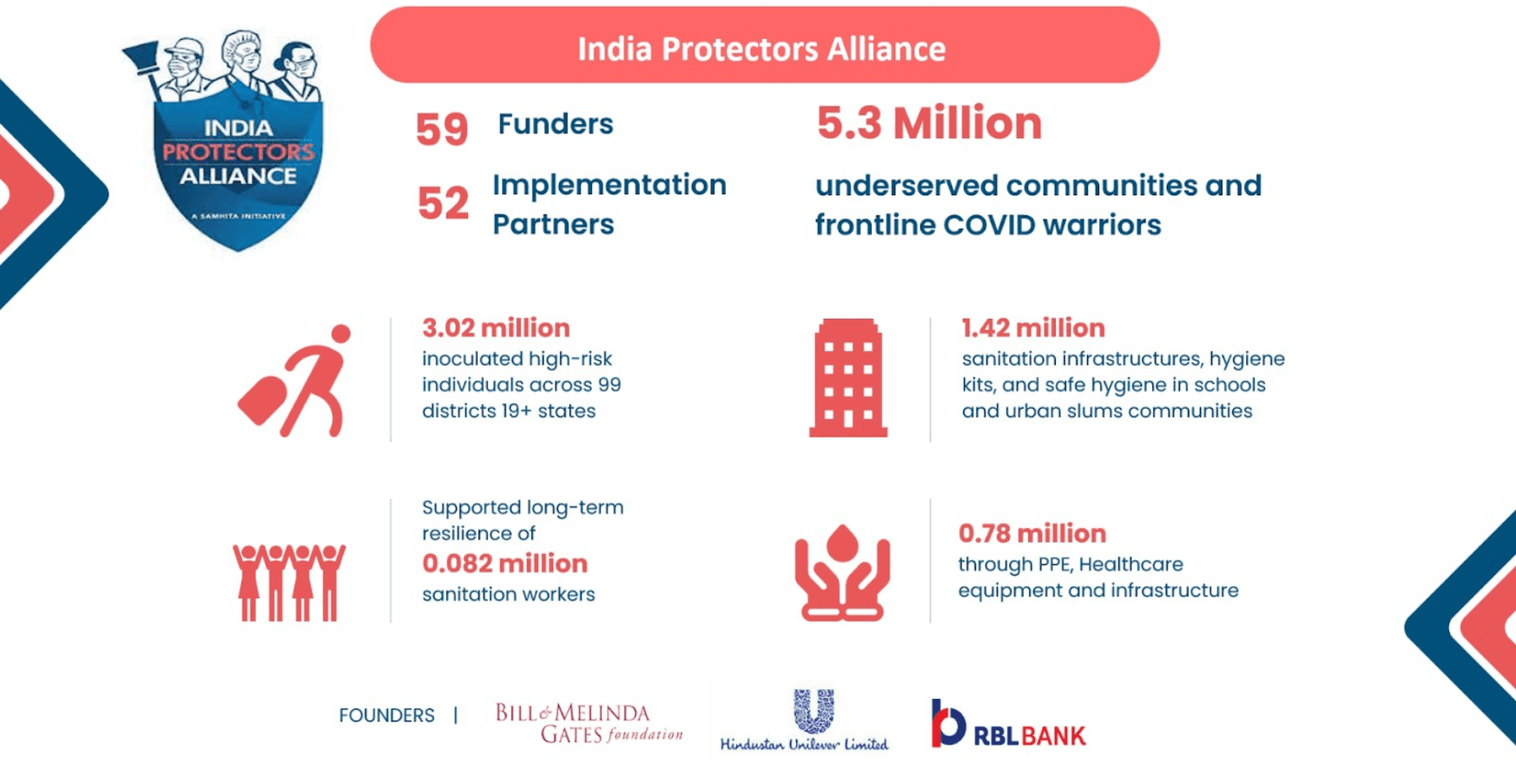Through strategic partnerships, Global India Fund, Samhita, and Collective Good Foundation fight to ensure equity in the world’s largest vaccination drive
When India’s COVID-19 case count surged in April 2021, the devastation horrified the world — healthcare systems collapsed, cremation sites were overcrowded and morgues worked around the clock. The crisis was unprecedented.
The second surge put the spotlight on the need for collective action. Immediate critical healthcare requirements such as oxygen concentrators, ventilators and hospital beds were in extremely short supply. With the fear of subsequent waves already washing through the population, it was necessary to increase long-term efforts to end the pandemic — i.e: Vaccinations.
Yet, only 3.5% of India’s 1.4 billion population was fully vaccinated at the start of the second wave in April 2021. Burdened by wastage, supply constraints, and accessibility barriers, India’s vaccination drive has been slow and staggered. To create long-term solutions to end the pandemic and supplement government efforts, Global India Fund (GIF), in collaboration with Samhita and Collective Good Foundation (CGF), launched the Together for India | #VaccinateIndia Campaign, an international fundraising initiative to support vaccination of the second-most populous country in the world.
The Together for India fundraising campaign, launched in April 2021 in response to the COVID-19 crisis in India, has rallied Indians, international humanitarians, and the Indian diaspora who want to support the equitable distribution of vaccines in India. For those most weighed down by the economic fallout of the pandemic, the toll on health becomes inescapable. They are also at an increased disadvantage at all stages of access, such as the inability to access the CoWIN portal to register for vaccination, burden on health systems to deliver at scale during vaccinations, and lack of information and healthcare support post vaccination. “We need to take a comprehensive approach to not just recovery, but also resilience and growth. As part of a holistic approach to solving India’s livelihood crisis created by the pandemic, we are focused on efforts to ramp up vaccinations for vulnerable communities. It is important to address problems in vaccine access, to ensure that no one is left behind. That’s the only way India can take a decisive step forward in this time of crisis to truly create a ‘better normal’,” says Priya Naik, CEO and Founder, Samhita.
The fundraiser focuses on marginalised and vulnerable communities and those with poor access to healthcare to tackle vaccine hesitancy; it ensures availability of vaccination material like syringes, needles, etc.; and addresses vaccine barriers like tech illiteracy and information asymmetry. “As people around the world watched the crisis unfold in India, they were eager to help in any way possible. People wanted to help their friends, family, colleagues, and even strangers. Amidst the devastation, we knew that vaccinations would offer hope and a way out of this pandemic, but that also hinged on ensuring equitable distribution of vaccines. We know that vaccinations can fight COVID-19, but we also know that everyone needs to be vaccinated — not just those who are educated or have the means. And we know that in some communities, we also have to combat vaccine hesitancy. It is only when a vast majority of India is vaccinated that we’ll know we have won the fight against COVID-19,” says Amita Vyas, Founder, Global India Fund.
With strategic partnerships forged by Samhita and CGF, the first phase of the Together for India | #VaccinateIndia campaign is kicking off simultaneously in Maharashtra and Madhya Pradesh. Support from corporates, philanthropy, civil society, and influencers remain an essential and immediate requirement to accelerate access to vaccines at multiple locations, which will result in an increased adoption of immunisation drives and ensure compliance to COVID-19 appropriate behaviours post vaccination.
In partnership with the Rotary Club of Pune Central and Jivika Healthcare (VaccineOnWheels), the vaccination drive in Maharashtra will be supported by the Municipal Corporation of Satara City to set up vaccination centres at the community level. The program will accelerate vaccinations in socio-economically challenged communities and free daily doses will also be made available to beneficiaries identified by the government. The vaccination project in Madhya Pradesh, executed in partnership with Transforming Rural India Foundation (TRIF), is expected to have a reach of 1,00,000 people across five blocks to increase awareness and encourage individuals to get vaccinated in nearby government-run vaccination centres.
These strategic partnerships have gone beyond vaccines — the partnership with GIF has resulted in the donation of 400 5L Oxygen Concentrators to the Government of Punjab and 380 Oxygen Concentrators to the Madhya Pradesh Forest Department.
In the next phase of partnerships, Samhita envisions rolling out vaccination programs across Gujarat, Rajasthan, Uttar Pradesh, Bihar, Jharkhand and other parts of the country in partnership with other strategic partners. The objective is to achieve 1million vaccination doses given to those from the most vulnerable communities across the country.
As the pandemic reached an incomprehensible scale in India, donors and diaspora from around the world have come forward to fundraise and help alleviate the situation. From corporate donations and celebrities rallying their followers, to individuals hosting fundraising events through yoga and dance classes, the pandemic has fostered collaboration from all over the world to support India. In the same vein, GIF, Samhita and CGF are inviting and nurturing new tactical partnerships to ensure vaccine equity in India — vaccines are our only hope in defeating this pandemic.
This article is written purely for the purpose of gratitude and public recognition of GIF and CGF’s philanthropy




